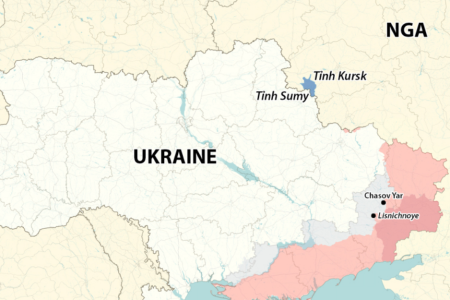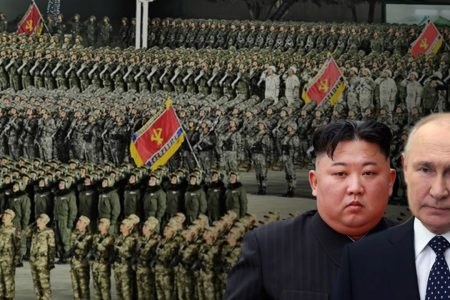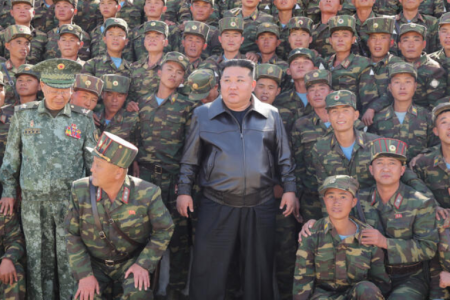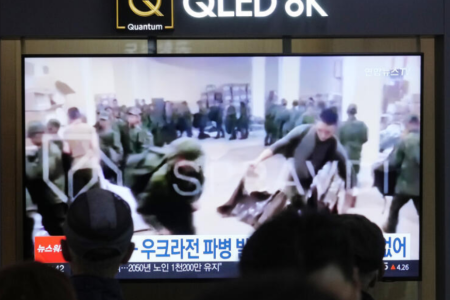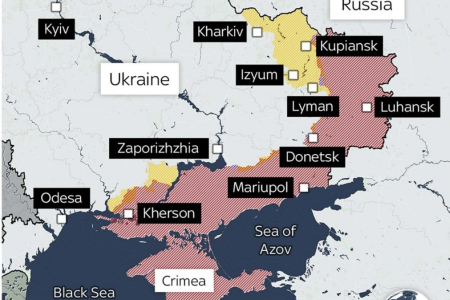
The wave of the COVID-19 outbreak is thought to be out of control in Vietnam due to a new variant that has forced the Southeast Asian country to close factories in the south region, crippling one of the centers for the production of the world’s largest clothing and footwear while causing global brands to look for alternative suppliers.
According to the Financial Times, this supply chain disruption is a major blow to Vietnam, which has effectively controlled community transmission for most of last year. Vietnam is one of the few Asian economies with positive growth and still attracting foreign investment in 2020 despite the pandemic.
However, Vietnam has recently recorded infections per day that sometimes reached 7,000 or 8,000 and reached a new record with 9,690 infections on August 8 alone. Nearly all of the more than 200,000 infections nationwide have been recorded since early July, in the worst outbreak since the pandemic began.
Ho Chi Minh City, the largest city and also the financial center of the country, is currently the “epicenter” and is said to have an outbreak out of control. Since July 9, the city has introduced social distancing measures, including regulations for the transportation and accommodation of workers working in factories and industrial zones. Businesses, many of which supply US global companies, are required to adopt a “three-in-one-place” rule, in which they must ensure workers eat and rest on factories’ floors where they work.
Two suppliers of sports shoes – Taiwan’s Pou Chen, which makes Adidas and Nike shoes, and South Korea’s Chang Shin, which also supplies the US company – had to shut down operations in July.
Pou Chen Co., which shut down its factory in Ho Chi Minh City, its largest production site in Vietnam, on July 14, and said the factory will remain closed until at least August 9. According to the Financial Times, their other factories in Vietnam were also forced to scale down production.
“Local government requirements have affected the mobility of workers to work, and that has led to a decrease in capacity,” Pou Chen company was quoted as saying by the Financial Times.
Pou Chen shipped 244 million pairs of shoes last year, of which 44% were made in Vietnam, according to the Financial Times. The daily, now owned by Japan’s Nikkei, also reported that Adidas last week warned that supply chain constraints could push its retail sales loss to nearly $588 million by the end of this year.
Nike is also at risk of running out of sport shoes made in Vietnam due to factory closures, affecting the global supply chain, according to a recent warning by S&P Global Market Intelligence. Nike’s contract factories in Vietnam produce about 50% of all products branded with the leading US shoe company.
The Vietnam Textile and Apparel Association earlier this month said that up to 35% of textile factories across the country had to close amid the latest wave of outbreaks, according to the Ministry of Health. The association’s president, Vu Duc Giang, was quoted as saying by the Ministry of Health to the VNA that the vaccination rate of the Vietnamese textile and garment industry is “still very low” and a series of these factories even “will have to close for a long time.”
Vietnam is hampered by the vaccine program due to the government’s delay in purchasing the vaccine. Only about 1% of the 98 million people living in Vietnam are fully vaccinated.
Not only in the footwear and textile industries, the latest COVID-19 outbreak has disrupted production in other industries, including electronics.
Samsung, one of the largest employers in Vietnam, has also been disrupted in smartphone production in recent months after a key supplier shut down operations, according to the Financial Times. The daily said that the problem has been resolved, but the technology group’s equipment factories near HCM City are operating at about half capacity.
Euroasia Group, a consulting firm, was quoted by the Financial Times as saying last week that there were concerns that the outbreak in Vietnam “could hurt production ahead of peak demand on the occasion of year’end and the upcoming holiday season.”
Thoibao.de (Translated)
Source: https://www.voatiengviet.com/a/bung-phat-covid-viet-nam-chuoi-cung-ung-toan-cau-dut-gay/5996041.html



